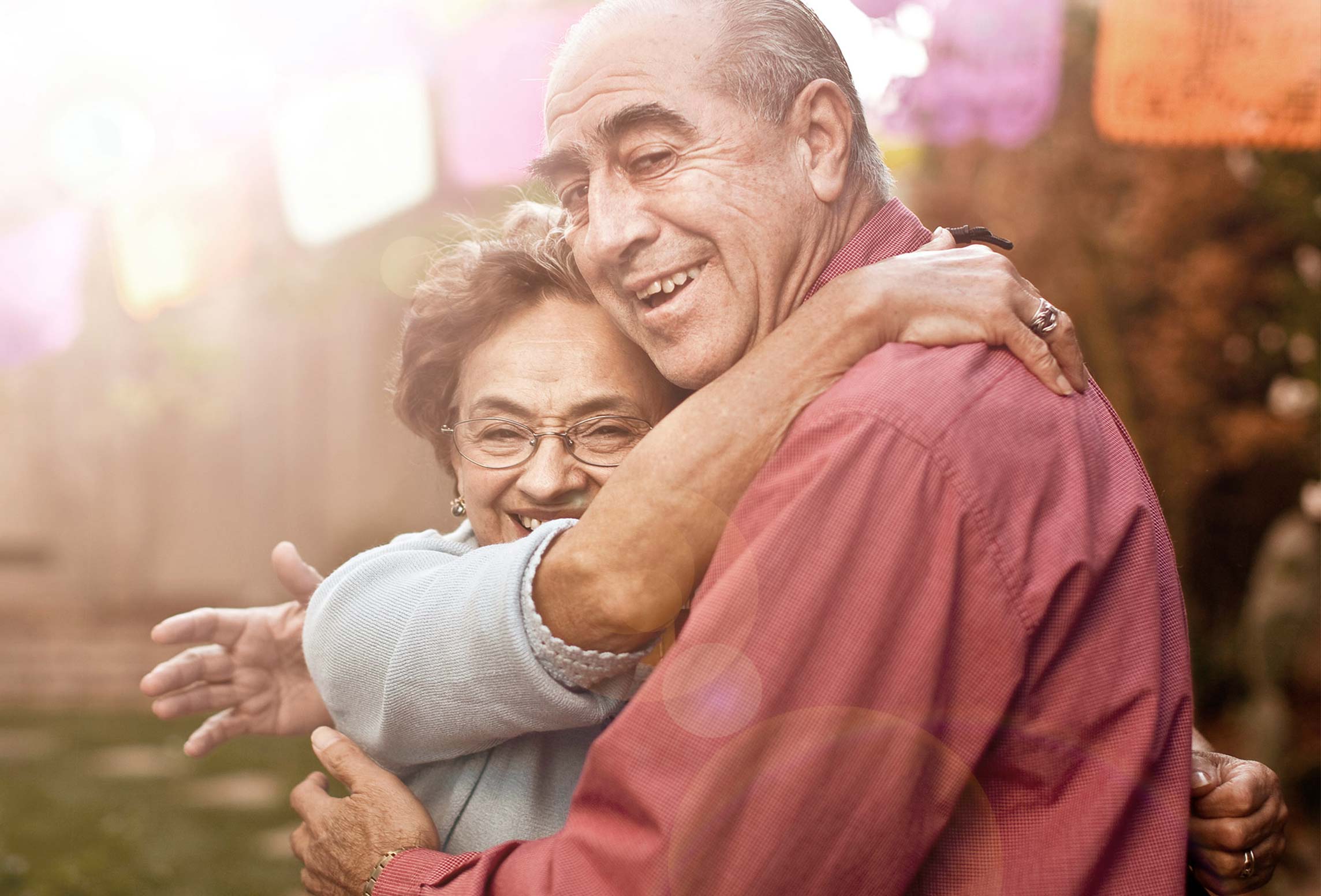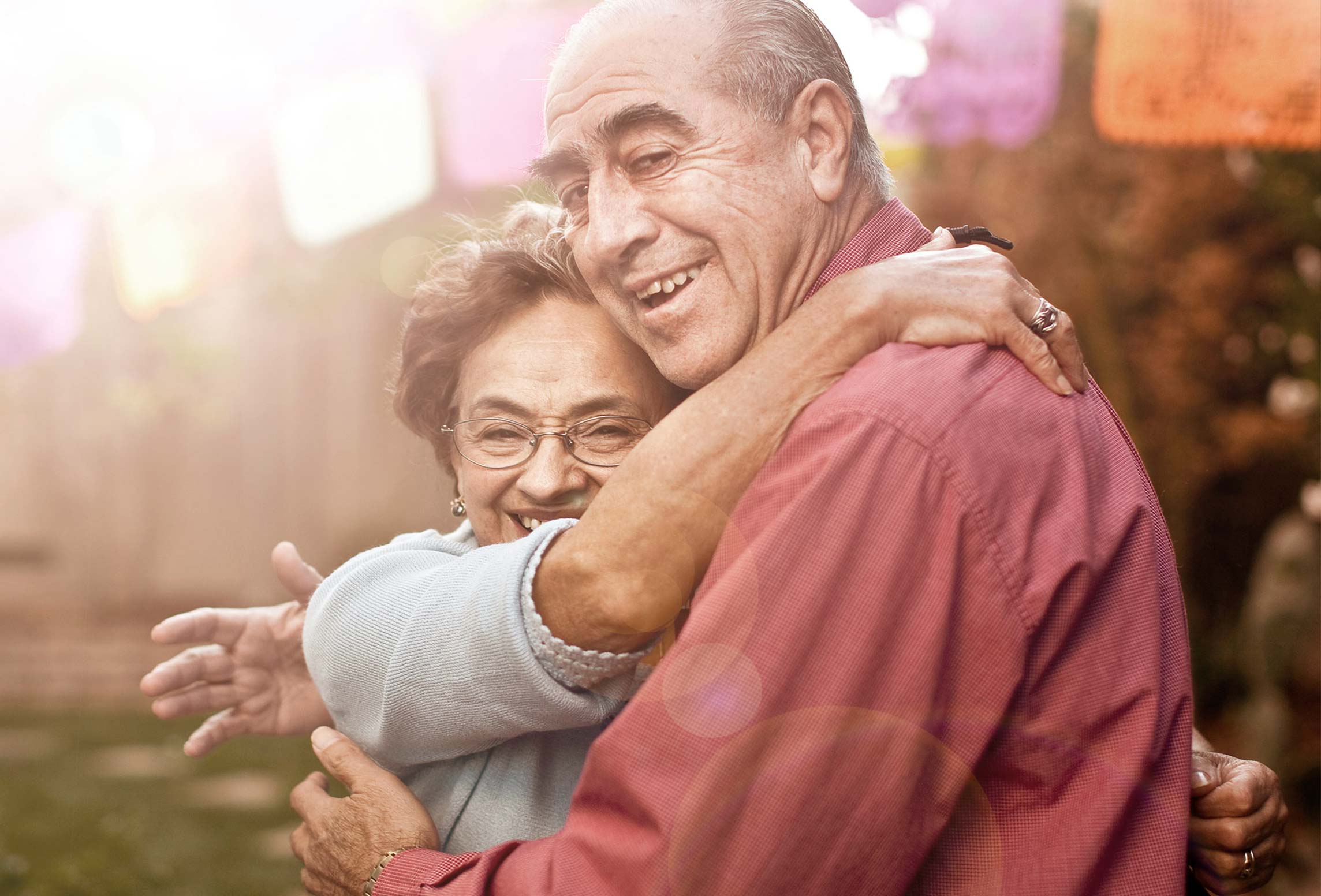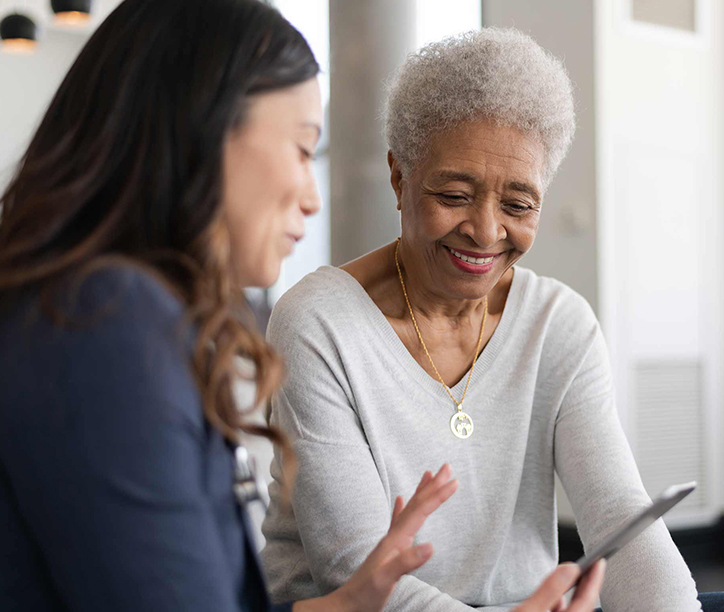

Caregiver Support
- About Us
-
Cancer Care
-
Our Cancer Programs
- Adolescent and Young Adult Cancer Program
- Blood Cancer & Hematological Malignancy Program
- Blood Disorder (Hematology) Program
- Breast Cancer Program
- Cancer Genetics Program
- Cancer Risk Reduction and Education Clinic
- Cardio-Oncology Program
- Childhood Cancer Survivorship Program
- Endocrine Tumor Program
- Eye Cancer Program
- Gastrointestinal (GI) Cancer Program
- Genitourinary Cancer Program
- Gynecologic Oncology Program
- Head and Neck Cancer Program
- Liver Tumor and Cancer Program
- Lung Cancer Program
- Neuro-Oncology (Brain Tumor) Program
- Neurofibromatosis Program
- Pediatric Neuro-Oncology Program
- Pediatric Oncology Program
- Pediatric Sarcoma Program
- Pediatric Thrombosis Program
- Radiation Oncology
- Sarcoma Cancer Program
- Skin Cancer Program
- Supportive Cancer Care Program
-
Screening and Diagnosis
- Cervical Cancer Screening Guidelines
- Colorectal Cancer Screening
- Endometrial (Uterine) Cancer Screening Guidelines
- Hepatitis and Cancer
- HPV Vaccine and Screenings
- Liver Cancer Guidelines
- Lung Cancer Screening
- Mammogram
- Ovarian Cancer Screening Guidelines
- Prostate Cancer Screening Guidelines
- Skin Cancer Screenings
- Sun and Skin Safety
- Tobacco Use and Cancer
- Skin Cancer Screenings
- Cancer Genetics Program
- Cancer Survivorship Program
- Cancer Treatments
- Conditions
-
Our Cancer Programs
- Clinical Trials and Research
- Donate and Volunteer
- Education
- Patients and Families
- Appointments
- Doctors and Locations
-
Community Outreach and Engagement Program
- Message from COE Leadership
- South Texas Cancer Burden and COE Areas of Work
- Our COE Impact
- COE Community Advisory Board
- COE Publications
- Avanzando Caminos (Leading Pathways) Study
- Estudio Avanzando Caminos (Leading Pathways)
- San Antonio Firefighters Cancer Prevention Program
- STAR Immunotherapy Study
As a caregiver, you balance many roles, and tasks that once seemed routine can begin to feel overwhelming. You’re also learning new skills to take care of your loved one. At Mays Cancer Center, home to UT Health San Antonio MD Anderson Cancer Center, our cancer care teams offer services to support you as a caregiver.
Facing challenges as a caregiver
When you become a caregiver, your relationship — as a spouse, relative or friend — with the patient changes. You’re facing new challenges that can lead to burnout. One way to relieve stress is to think about your responsibilities and get support to help you manage everything.
Managing your loved one’s care
While your loved one is undergoing cancer treatment, managing all the details of their care can be complicated. Some simple systems can help you keep track of appointments and medications:
- Medications list: Make a daily list of all the medications your loved one takes, along with the dosage and time they need to be taken. Every time they take the medication, make note of it on the list. Use a new list for each day.
- Pill organizers: You can buy various sizes of pill organizers or make your own with an empty egg carton to sort medications by day or time of day.
- Calendars: Use a paper or digital calendar with alerts to keep track of medical appointments or medication schedules.
Your loved one’s care team can teach you basic medical skills to manage common cancer symptoms at home. We’ve put together a sheet with symptoms and information to help you decide when to call the doctor. Download and use our Zone Tool in English and Spanish.
Click here to download our Zone Tool in English and Spanish.
Managing the household
Even with medical appointments and hospital stays, your loved one spends most of the time at home. That means you’re responsible for tasks that are typically done by health care providers — in addition to other household duties, which can be stressful.
Make a list of all the things that need to be done around the house, including medical and general care for your loved one, household chores and other responsibilities for your family. Consider getting help with some tasks so that you don’t have to do everything yourself. Here are some ways:
- Enlist the help of other family members or friends.
- Hire someone to do some of the more routine tasks, such as errands, housecleaning or yard maintenance.
- Make use of community resources such as transportation and home-delivered meals.
Communicating with the care team
We encourage you to come with your loved one to appointments. You can help them by:
- Using a single notebook so that you have all information in one place
- Keeping track of your loved one’s symptoms and telling us how they’re doing
- Listening and taking notes during the visit so that you and your loved one remember what to do later
- Reminding your loved one about questions to ask the care team
Self-care for the caregiver
Some people may feel guilty for taking “me” time when their loved one is dealing with the effects of cancer and treatment. But it’s important to take care of yourself, too. If you don’t, it can take a toll on your physical, mental and emotional health and make caregiving that much harder.
Here are some self-care tips:
- Get help: Asking for help may feel uncomfortable, but other people usually want to help. You can request that they stay with your loved one while you take a break, or help with household tasks or errands.
- Seek out a support group or counseling: Your social worker provides individual counseling, and we can help you find local caregiver support groups.
- Do something special just for you: Take a break for something simple like going for a walk or socializing with friends.
- Stay healthy: A healthy diet and regular exercise help lower stress and prevent colds and other illnesses.
- Reach out to your care team: Our nurse navigators and social workers can connect you with resources that support you, the patient and your family throughout the cancer journey. Learn more about our patient and family services or call 210-450-5570 for details.
Coping with loss and grief
Grief is a natural human emotion that affects us all. People experience grief as a reaction not just to death, but also to major life changes such as chronic illness. Some ways that loss and grief can affect you include:
- Grief associated with chronic illness: When a loved one is living with cancer, your family’s lives change over time. You, the patient and other loved ones experience grief with the loss of control, independence, the future or simply your life as it was.
- Anticipatory grief: With terminal illness, you may begin to grieve your loved one’s loss long before the end of life. Although it’s normal to anticipate the coming loss, it can be just as painful as feelings that arise with death.
- Grief at death: When the end of life comes, you may experience a range of emotions — and that’s normal because we each experience grief in different ways. Even if you’ve prepared yourself, death brings profound changes to your life.
Starting the healing process
It takes time to move through loss and grief as you adjust to chronic illness and life without your loved one. There’s no right or wrong way to feel, yet you can take certain steps to feel better and begin to heal:
- Allow yourself to feel: Although it can be difficult, experiencing your emotions helps start the healing process. Share your feelings with those close to you, a counselor or a support group. You can also keep a journal to write down your feelings, thoughts and memories.
- Give yourself time: There’s no schedule for when you’ll start to feel better. Don’t feel that you need to “get over it” within a certain timeframe.
- Take a break: Read a book, see a movie or have dinner with a friend. Doing some favorite activities doesn’t mean you’ve forgotten your loved one.
- Let others help: Accept help when others offer, and don’t feel bad about asking for help when everything feels overwhelming.
- Take comfort in spirituality: Meditation, prayer and physical activities such as yoga and tai chi can help build positive emotions as you process loss and grief.
- Maintain a bond: Despite the loss of your loved one, you can continue to feel connected with them. It’s natural to have “conversations,” talking with your loved one like you used to.
- Take care of yourself: Being kind to yourself is important for staying healthy and adjusting to your new normal. Eat healthy foods, exercise regularly, get plenty of sleep and limit alcohol, drugs and tobacco.
Helping a grieving child
Death, grief and loss can be even more difficult for children. Adjust your approach according to the child’s age. Although children under age 2 may not understand death, they know that the person is no longer here. Teens understand death, but they may feel uncomfortable showing emotions or talking about their feelings.
You can support a grieving child by:
- Maintaining their daily routines: Keeping life as structured as possible helps create a sense of normalcy. Encourage children to do their regular activities like playing, walking the dog and hanging out with friends.
- Spend extra time: Stay close to the child, and tell them you love them. Listen as they talk about their feelings without telling them how they should feel.
- Talk about your loved one: Share memories about the person who died. Stories about the loved one’s young life can be especially interesting to children.
When to seek help with grief
If you’re having difficulty coping with grief, you don’t have to go through it alone. At Mays Cancer Center, our social workers offer counseling and can connect you with trained grief counselors and grief support groups. Learn more about our social workers and other patient and family services during cancer care.
Some signs that you may need help include:
- Inability to do your daily routines and tasks
- Sleeping or eating too much or too little
- Feelings of guilt, hopelessness or extreme emotional pain
- Withdrawal and isolation
- Dangerous behaviors such as alcohol or drug misuse, recklessness or suicidal thoughts
Plan your visit
Get answers to frequently asked questions (FAQs) about visiting the Mays Cancer Center.
Find cancer clinical trials
Receive new cancer treatments and services by participating in cancer clinical trials, if you’re eligible.
Get cancer support
We offer a range of services and a compassionate approach to make living with cancer a little easier on you and your family.

 Close
Close
